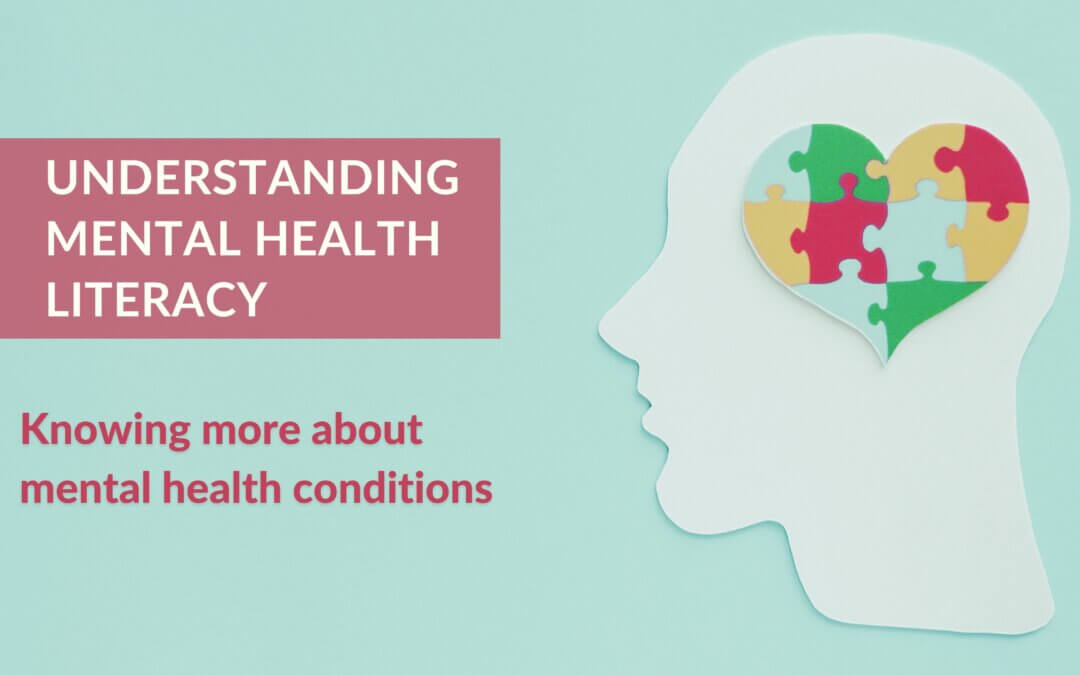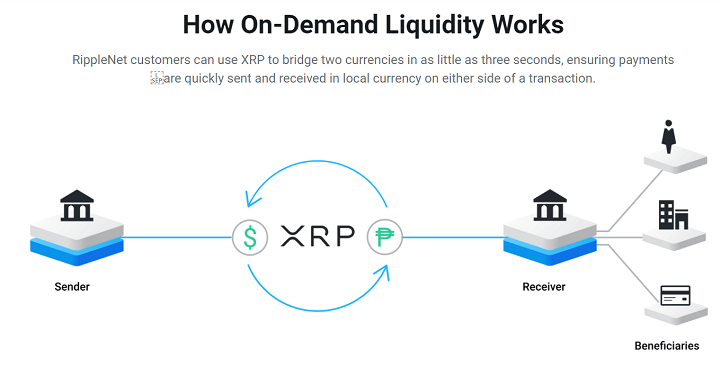Mental Health Literacy Education: Challenges And Solutions

Table of Contents
Challenges in Implementing Mental Health Literacy Education
Lack of Awareness and Understanding
Many individuals lack basic knowledge about mental health conditions, their symptoms, and available treatments. This lack of awareness contributes to stigma and prevents people from seeking help. Effective mental health education programs are critical in addressing this gap.
- Misconceptions about mental illness are widespread. Many believe mental illnesses are solely a result of personal weakness or character flaws, ignoring the complex interplay of biological, psychological, and social factors. This misunderstanding hinders early identification and intervention.
- Fear and shame prevent individuals from discussing mental health concerns. The perceived social stigma surrounding mental health issues often leads to silence and isolation, preventing individuals from seeking help when needed. This silence perpetuates the cycle of misunderstanding and suffering.
- Limited understanding of treatment options delays recovery. Many people are unaware of the diverse range of treatments available, including therapy, medication, and self-help strategies. This lack of knowledge can lead to delays in accessing appropriate care, prolonging suffering and hindering recovery.
- Insufficient training for educators and healthcare professionals. Effective mental health literacy education requires adequately trained professionals who can accurately and sensitively deliver information. A lack of training leaves many unprepared to address these crucial issues.
Stigma and Discrimination
The stigma associated with mental illness remains a significant barrier to seeking help and accessing appropriate support. This stigma impacts both individuals and their families, leading to isolation and hindering recovery.
- Negative stereotypes perpetuate misconceptions. Media portrayals and societal attitudes often perpetuate harmful stereotypes, associating mental illness with violence, unpredictability, or weakness. These stereotypes fuel prejudice and discrimination.
- Discrimination in employment and social settings is common. Individuals with mental health conditions frequently face discrimination in the workplace, social circles, and even within healthcare settings. This discrimination reinforces stigma and creates further barriers to accessing support.
- Fear of judgment prevents open conversations about mental health. The fear of negative consequences, such as social exclusion or job loss, prevents many from openly discussing their mental health challenges. This fear of judgment hinders early intervention and support.
- Social isolation and loneliness exacerbate mental health challenges. Stigma often leads to social isolation and loneliness, further worsening mental health conditions. Social connection and support are vital components of recovery.
Limited Resources and Funding
Implementing effective mental health literacy education programs requires adequate resources, including funding, trained professionals, and appropriate materials. A lack of these resources significantly hinders the reach and effectiveness of such programs.
- Insufficient funding for educational initiatives. Many mental health literacy programs struggle due to insufficient funding, limiting their scope and reach. Greater investment is needed to ensure widespread access to quality education.
- Shortage of qualified mental health professionals. A critical shortage of mental health professionals, particularly in underserved communities, limits the availability of support and education. Increased training and recruitment are vital.
- Lack of access to evidence-based educational resources. Access to quality, evidence-based educational resources is essential for effective mental health literacy education. The development and dissemination of such resources are crucial.
- Difficulty integrating mental health education into existing curricula. Integrating mental health education into existing educational frameworks requires careful planning and collaboration to ensure effective implementation across all levels.
Solutions for Enhancing Mental Health Literacy Education
Developing Comprehensive and Engaging Curricula
Effective curricula should be age-appropriate, culturally sensitive, and utilize diverse teaching methods to promote understanding and reduce stigma related to mental health.
- Incorporate interactive activities, real-life examples, and peer support. Engaging activities, relatable examples, and peer-to-peer interaction foster learning and understanding.
- Use multimedia resources (videos, interactive games) to enhance engagement. Multimedia resources can make learning more accessible and engaging for diverse learners.
- Address specific mental health conditions and their treatments clearly. Providing clear and accurate information about various conditions and treatments helps dispel misconceptions.
- Promote self-care strategies and stress management techniques. Equipping individuals with self-care skills empowers them to manage their mental well-being proactively.
Leveraging Technology and Digital Platforms
Technology can significantly broaden access to mental health information and resources, reaching a wider audience and overcoming geographical barriers.
- Develop online courses, webinars, and interactive apps. Online platforms offer flexibility and accessibility to mental health information.
- Utilize social media platforms for awareness campaigns and information dissemination. Social media can be a powerful tool for raising awareness and sharing information.
- Create online communities for peer support and knowledge sharing. Online communities provide a safe space for individuals to connect, share experiences, and support each other.
- Employ telehealth technologies for remote access to mental health services. Telehealth expands access to mental health services, especially in remote areas.
Training Educators and Healthcare Professionals
Equipping educators and healthcare professionals with the knowledge and skills to effectively teach and address mental health concerns is essential for improving mental health literacy.
- Provide professional development opportunities focusing on mental health literacy. Ongoing training keeps professionals updated on best practices and current information.
- Integrate mental health training into existing teacher training programs. Integrating mental health training into teacher education ensures future educators are equipped to address mental health issues.
- Develop standardized training materials for healthcare professionals. Standardized materials ensure consistent and high-quality training across different settings.
- Create support networks for educators and healthcare professionals. Support networks provide a valuable resource for professionals working in this challenging field.
Conclusion
Mental health literacy education is essential for building a supportive and understanding society. By addressing the challenges discussed—lack of awareness, stigma, and limited resources—and implementing the proposed solutions—comprehensive curricula, technological advancements, and professional training—we can significantly improve mental health outcomes. Investing in robust mental health literacy education initiatives is an investment in a healthier and more compassionate future. Let's prioritize and advocate for better mental health literacy education for individuals of all ages and backgrounds, promoting better mental health awareness and a stronger understanding of mental well-being.

Featured Posts
-
 Six Nations Review Frances Victory Englands Performance Scotland And Irelands Disappointments
May 02, 2025
Six Nations Review Frances Victory Englands Performance Scotland And Irelands Disappointments
May 02, 2025 -
 Geen Stroom Voor Nieuwe Duurzame School In Kampen Juridische Strijd
May 02, 2025
Geen Stroom Voor Nieuwe Duurzame School In Kampen Juridische Strijd
May 02, 2025 -
 Justice Departments Decision On Louisiana School Desegregation Whats Next
May 02, 2025
Justice Departments Decision On Louisiana School Desegregation Whats Next
May 02, 2025 -
 Robust Poll Data System Ensuring Election Integrity
May 02, 2025
Robust Poll Data System Ensuring Election Integrity
May 02, 2025 -
 The Ripple Xrp Phenomenon Can You Become A Millionaire
May 02, 2025
The Ripple Xrp Phenomenon Can You Become A Millionaire
May 02, 2025
